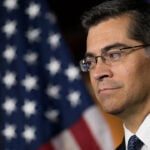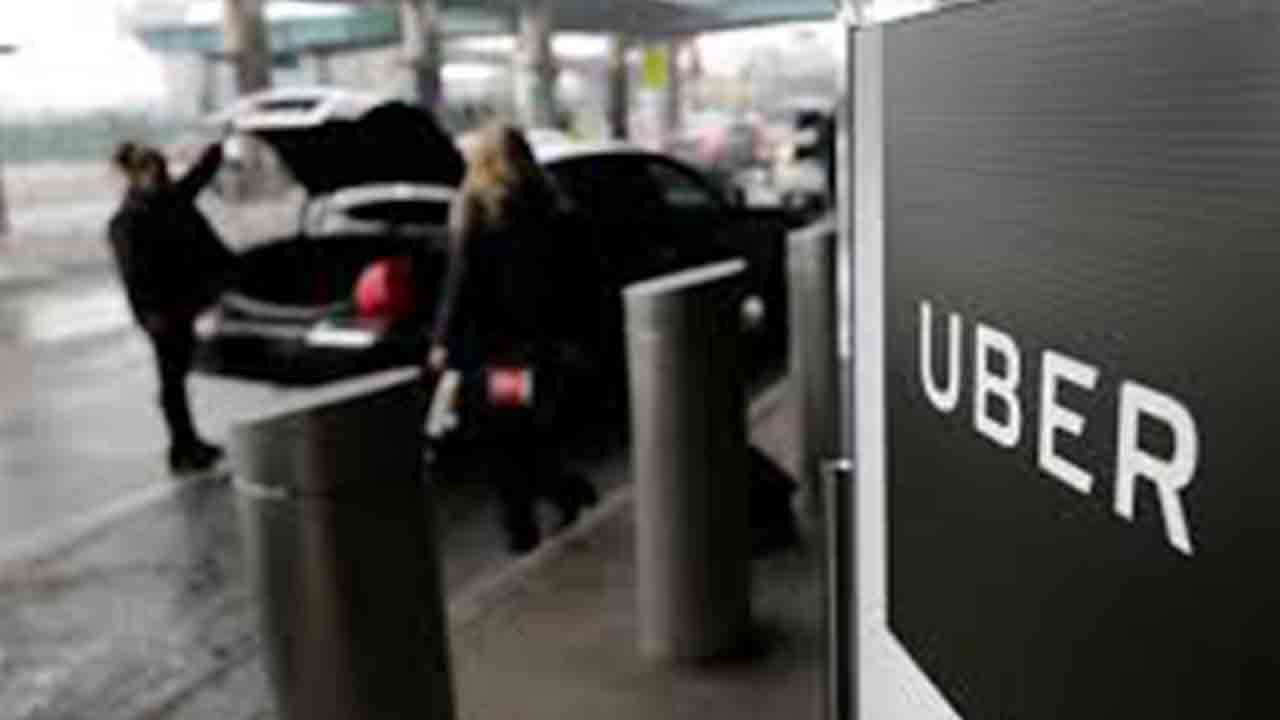Proposition 22 hoax Uber and Lyft offer California workers
Proposition 22 attempts to establish a new workplace model, a hybrid of the employment and self-employment models.
The companies Uber, Lyft, DoorDash, Postmates and Instacart say it would preserve the “flexibility” to set their own work days and hours that they say are valued by drivers who want to work close to school, care and other jobs. , while guaranteeing a minimum wage and access to health coverage.
The measure would guarantee drivers earnings of at least 120% of current minimum hourly wages, a subsidy for health coverage and protection against arbitrary firings.

Pressure mounts on Uber and Lyft in California over workers’ law
03/07/2020
The companies argue that the vast majority of their drivers favor the remaining self-employed. However, that is misleading because the drivers are divided into two discrete fields.
One is made up of true part-time workers who log minimum hours, often quit work entirely after a few months, and appreciate the great flexibility.
The other is full-time drivers who can spend 40 to 50 hours a week on the road.
Uber and Lyft in California have until July 1 to register drivers
Between 70% and 80% of drivers can drive 20 hours a week or less. Full-time workers, although less numerous, account for more than 50% of the hours worked through the companies application.
Lyft driver Campbell says:
“For most drivers this is not a full-time income, so it shouldn’t be surprising that they want to remain self-employed.”
“But drivers who work 40 to 50 hours a week basically work as employees without any of the benefits or protections. They are the ones who are spearheading the effort to hold companies accountable for treating drivers as employees. “
And they are the drivers who would bear the brunt of the changes brought about by Proposition 22.
However, Campbell says that when even part-time workers educate themselves on what AB 5 would do for them and that the law would not prevent companies by allowing them some of the flexibility they crave, “some of them change their way. opinion on the law ”.
There is no doubt that the main beneficiaries of Proposition 22 would be the businesses themselves.
According to the state’s Office of the Nonpartisan Legislative Analyst:
“If companies like Uber were forced to classify their drivers as employees, the resulting higher costs would lower the long-term profitability of these companies, which could lower their stock market value and share prices. ».
The measure would impose some new costs on companies, but those costs would likely be “lower,” acknowledges the Office of the Legislative Analyst.
In fact, the compensation and benefits that companies would pay under Proposition 22 would fall short of the costs their drivers must bear.
The UC Berkeley Labor Center estimated in October that 120% of California’s minimum hourly wage in 2021 will be $ 13 and would be effectively reduced to 5.64 per hour due to the initiative’s provisions.
For example, drivers would be paid only for ‘committed’ time, from the time they pick up a passenger or delivery to the time they drop off the driver or the package, not for the waiting time between. assignments.
Berkeley estimated that represents a third of his work time, reducing the $ 15.60 to just $ 10.45.
Some drivers would get a stipend of up to about $ 367 per month for health insurance, which could apply to Covered California Affordable Care Act plans or other plans.
But that would be awarded only to drivers with an average of 25 hours spent a week or more. Those with 15 to 25 hours would receive half, and those with less than 15 hours would receive nothing.
“The vast majority of drivers would not qualify” for the benefit, Berkeley says.
Uber and Lyft have chosen to emphasize the alleged consequences of enforcing AB 5, rather than the hard facts of their employment relationships.
California sues Uber and Lyft for misleading drivers and taxpayers
They paint an image of an army of drivers disenfranchised aside and unable to exercise their trade.
They even hint that AB 5 could put them out of business altogether.
Stacey Wells, a spokeswoman for the Proposition 22 campaign, said that if the initiative fails, companies may have to reduce their driver lines, which number up to 400,000 in California, by as much as 90% to accommodate the additional costs of treating drivers as employees
However, by any reasonable definition, company drivers are employees.
According to the rules established by the California Supreme Court in a 2018 decision and codified in AB 5, companies must consider workers employed unless they can meet a three-part test that shows workers are free. of the control and management of the contracting business, who perform work outside the normal course of the lessee’s business, and who usually work independently in the same trade or occupation as the work they perform.
Becerra contends that Uber and Lyft cannot meet any of those elements.
Drivers are engaged in the main business of transportation, their compensation is set by the companies, which can change it unilaterally.
In addition, their performance is monitored by the companies, with the exception of the choice of the hours they want to drive, all other terms and conditions of their work are set by the companies.
Uber and Lyft have maintained from the beginning that they are exempt from AB 5 because they are not really trucking companies, simply providers of the software that drivers and passengers use to organize rides.
Some courts have dismissed that argument:
«Uber just wouldn’t be a viable business entity without its drivers“Declared San Francisco US District Judge Edward M. Chen in 2015.
In the coming months, as the state lawsuit progresses through the courts and Election Day approaches, the survival of the business model of these trucking companies will be put to the test.
How much that model depends on the exploitation of workers should not be overlooked.
“The initiative would codify horribly low labor laws, undoing more than a century of rules around a living wage and safety net protections for workers.”
It’s true. The power of workers to ensure decent working conditions has waned in the United States for more than half a century. Proposition 22 would speed up the slide.
Proposition 22

 — –
— –

